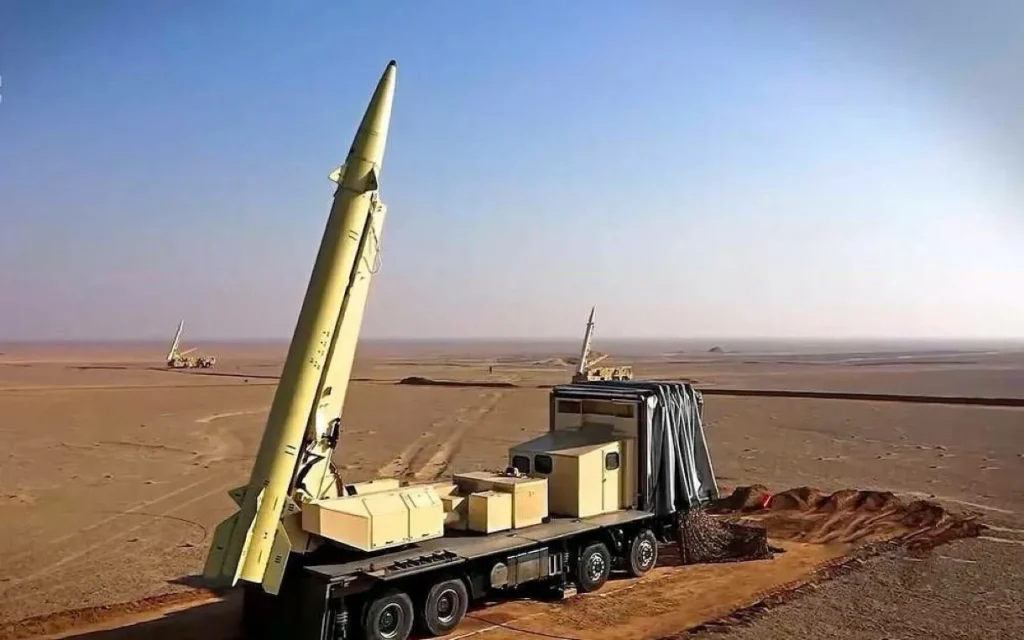Iran missile transfer to Russia has sparked alarm in the U.S. Reports suggest that Iran may have recently supplied missiles to Russia or is close to doing so for use in the Ukraine war. The White House expressed deep concerns over this possible escalation in Iran’s support for Russia’s military campaign.
According to The Wall Street Journal, unnamed U.S. and European officials believe Iran has already provided ballistic missiles to Russia. Earlier reports from Bloomberg and Reuters also indicated that such a transfer was likely. White House National Security Council spokesperson Sean Savett commented that any Iran missile transfer to Russia would mark a “dramatic escalation” in their military partnership. However, Savett did not confirm if the transfer had already occurred.
Reports indicate that the missiles in question might be the Fath-360 and Ababil. Both are classified as close-range ballistic missiles (CRBMs) with ranges of less than 300 kilometers. These could help Russia conserve its longer-range weapons for future strikes in Ukraine.
The U.S. and its allies have warned that any Iran missile transfer would have significant consequences for Tehran. Secretary of State Antony Blinken emphasized that the U.S. is ready to respond, along with NATO and G7 partners. Western countries have provided billions in military aid to Ukraine to counter Russia’s invasion, which started in 2022.
Iran has denied any role in arming either side of the conflict. Its UN mission stated that Tehran refrains from supplying military assistance to any parties involved in the war. Military experts believe that any transfer of missiles could be detected by satellite imagery, flight tracking, or ship movement monitoring. However, they also noted that Iran and Russia might attempt to hide these activities, complicating detection efforts. The most definitive proof of an Iran missile transfer would likely come from missile remnants found in Ukraine.
Experts have debated how the West might respond to any confirmed missile transfer. Some believe it would be challenging to intercept such shipments without escalating the conflict further. They suggest options like increasing sanctions and export controls on Iran’s missile program or boosting support for Ukraine’s air defenses.
Meanwhile, the Biden administration has announced new military aid for Ukraine, including air defense systems. However, it has limited the use of U.S. weapons to prevent strikes within Russian territory.


